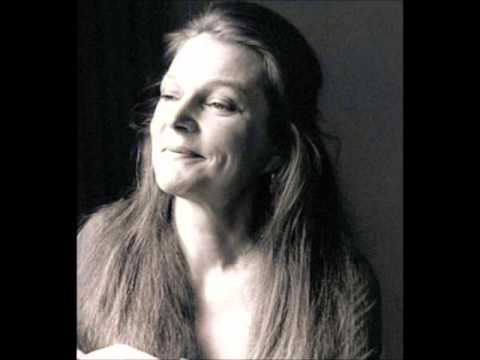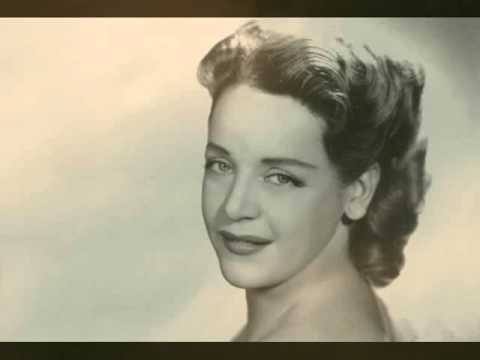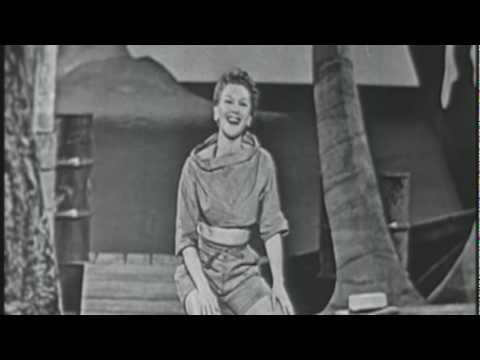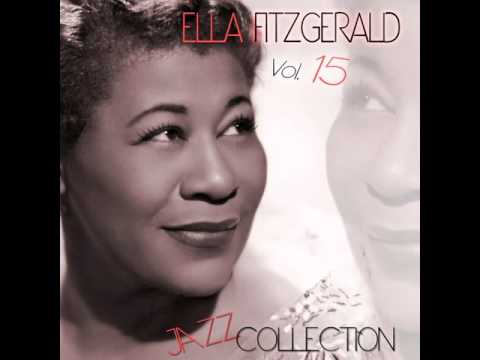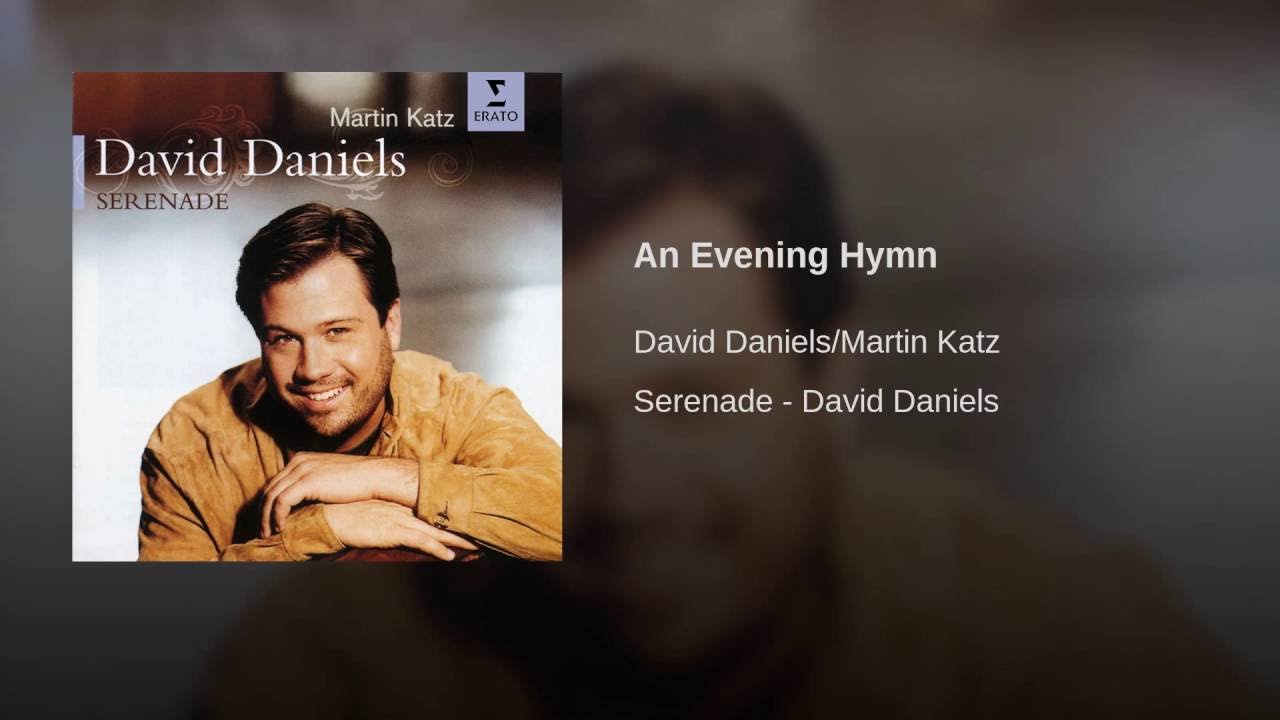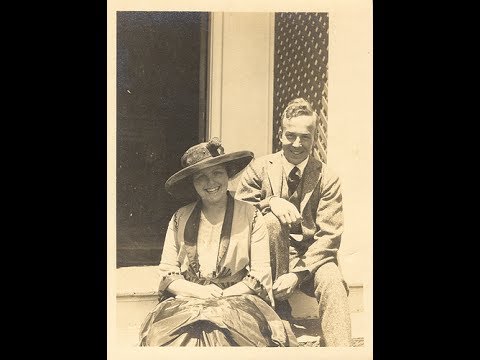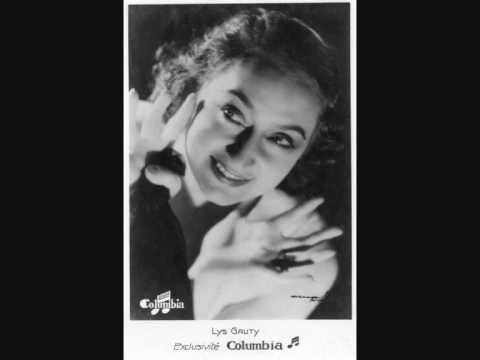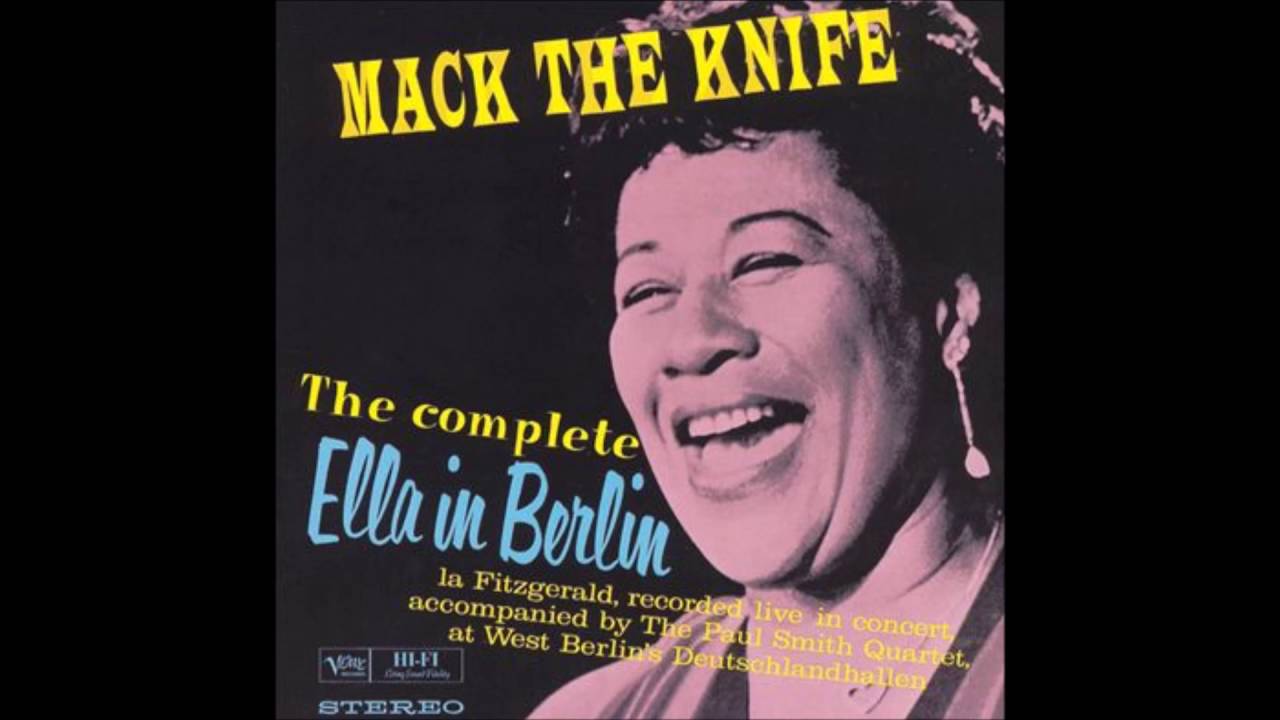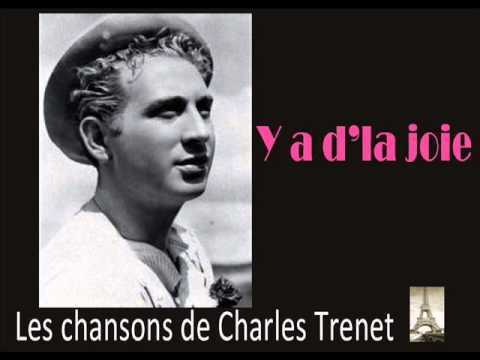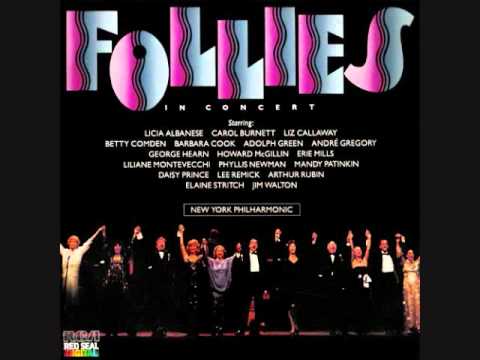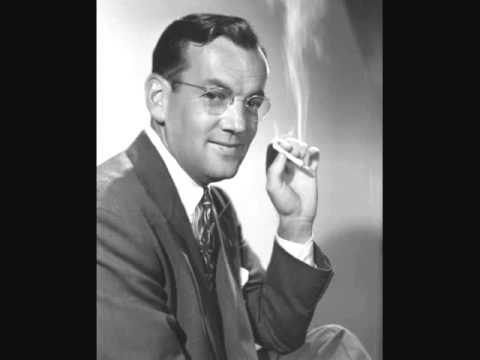Hector Berlioz: La Spectre de la Rose
Summer is full of nature, and it’s the time we usually get out into it, and let our senses partake of the beauty, inhale smells, and feel warm breezes on our skin. Then there is the plucked flowers perspective. Death is imminent, but the rose lives on as an unworldly comfort to us still in nature. Here is the translation of the Berlioz’s “La Spectre de la Rose” from Nuits d’ete. And following the translation, the link to the song performed by Lorraine Hunt Lieberson. She is the rose whose art visits me at night, and whose love and I can still feel in her voice.
Pedrito Martinez: Ay Amor
It’s really summer now. When August first rolls around, the end of summer is in sight. But, we still have a delicious month left before the kids (and many of the grown ups) go back to school, and back to their quotidian routines. But since we have a month, this week will be devoted to my personal musical associations with summer. I have lots, so this will be a wide ranging selection of songs.
Samuel Barber: Knoxville: Summer of 1915
Soon after Samuel Barber was commissioned by soprano Eleanor Steber to compose a work for her, he stumbled upon a long prose poem by James Agee, published in The Partisan Review. “Knoxville: Summer of 1915” was a deceptively simple piece that, as its author later said, expressed “a child’s feeling of loneliness, wonder, and lack of identity in that marginal world between twilight and sleep.”
Charles Aznavour: Yesterday When I Was Young
Lena Horne developed into one of America’s most unique singers, but she didn’t start out that way. From her Cotton Club debut (at the age of 16) through her galley years as one of MGM’s first black stars, Horne was required to be glamorous and unexpressive, a sort of cocoa Dinah Shore. A tough childhood and unrelenting racism also contributed to her desire to repress her feelings in performance, and her refusal to play either servants or prostitutes shortened her Hollywood career. With the help of her second husband, the arranger Lenny Hayton, she eventually developed a kind of toughness in her performances, which became another way to protect her from her emotions and isolate her from her audiences.
Francis Poulenc: Les Chemins de l’Amour
Shortly after the 1940 Nazi invasion of France, Francis Poulenc was asked to write incidental music for a light drama by Jean Anouilh, Léocadia. It starred the celebrated French actress and singer Yvonne Printemps, and Poulenc took advantage of her presence in the cast to add to his instrumental score a “valse chantée”, called “Les Chemins de l’Amour.”
Rodgers & Hammerstein: A Wonderful Guy
When Mary Martin died in 1990, the headline of her New York Times obituary called her “the first lady of musicals.” Probably now unknown by anyone younger than 40, Martin was, in her time, one of the most famous performers in the United States, and the creator of two classic Broadway musical roles (Nellie in “South Pacific” and Maria in “The Sound of Music”). But her fame was enhanced by her characterization of Peter Pan, in a musical version that she performed on Broadway in 1954, before televising it a number of times. It’s safe to say that nearly every American child of the 1950s and 60s knew that Peter Pan flew, crowed, and was played by an exuberant lady who, like her character, never grew old.
George and Ira Gershwin: Boy Wanted
Ella Fitzgerald sang the way the rest of us breathe. Her vocal production, phrasing, diction and interpretive choices were so natural and effortless that it’s easy to take her work for granted. A natural talent who had little if any formal musical training, she was blessed with a seamless voice of great beauty, and an instinctive ability to get to the core of both the music and the lyrics of every song she sang.
Henry Purcell: Evening Hymn
Henry Purcell’s Evening Hymn has always moved me to tears, even though I am more of a “this world” person in my own spirituality. Perhaps because of that, or in spite of it, this song touches me deeply, as it takes us through the last thoughts of a person who is closing the door on a life well-lived. What I find so extraordinary is the dramatic arc of this song, and how Purcell manages to build it atop the repetitive structure of a ground bass line.
John Musto: Old Photograph
I’m one lucky singer to be married to such a gifted song composer as John...
Kurt Weill: Je ne t’aime pas
Having escaped the Nazi takeover of the German government, Kurt Weill found himself in Paris in 1933, trying to get a foothold in a new artistic landscape. His reputation there was solid, though based mostly on the 1930 French film and stage versions of The Threepenny Opera (L’Opéra de quat’sou), which had been popular. Still, at thirty-four, Kurt Weill was essentially starting over. “[Weill] arrived in Paris with very little beyond his good name” says Brecht and Weill scholar Pamela Katz, author of The Partnership. Luckily, he met cabaret and film star Lys Gauty, who commissioned two songs from him: Complainte de la Seine, and this one.
George and Ira Gershwin: The Lorelei
Who doesn’t love the famous Liszt song about the Lorelei? There she is, that infamous temptress, combing her flaxen hair, singing her siren song to lure hapless sailors to their deaths upon the rocks…
Charles Trenet: Y a d’la joie
There’s nothing like a Charles Trenet song to make you feel happy. Some of his lyrics can be surprisingly dark, but not here. In this song, Trenet the optimist wakes up from a lovely dream only to find gray skies and dull morning rituals before him. But without the dream, there would be no song!
Stephen Sondheim: Too Many Mornings
When I was planning the FSH gala with Amanda Bottoms and Dimitri Katotakis, they both mentioned that they’d recently sung “Too Many Mornings” from Sondheim’s Follies. For some reason, I initially resisted. Too hackneyed? off-topic? I don’t know. About two weeks later I woke up and changed my mind. I am glad I did.
Hoagy Carmichael & Johnny Mercer: Skylark
I know of two perfect songs: Fauré’s “En sourdine,” and Hoagy Carmichael’s “Skylark.” Paul Verlaine was the poet for the first of them, and Johnny Mercer the lyricist for the second. Please don’t ask me to explain what makes them perfect, or even why I think they might be better than other wonderful songs. After all, there is plenty of “great” music I don’t enjoy, and even more non-great music that lifts my heart. Greatness and perfection aren’t really in my lexicon, except when it comes to “En sourdine” and “Skylark.” It’s something I feel in my hands and in my soul when I play them.
Stephen Sondheim: Talent
Art, like medical research, thrives on creative, talented people. But it also thrives on open-hearted patrons, some of whom can be as visionary (in their own way) as their beneficiaries. For this week’s FSH Dystrophy fundraiser, I grabbed a recent song by Stephen Sondheim, “Talent.”


